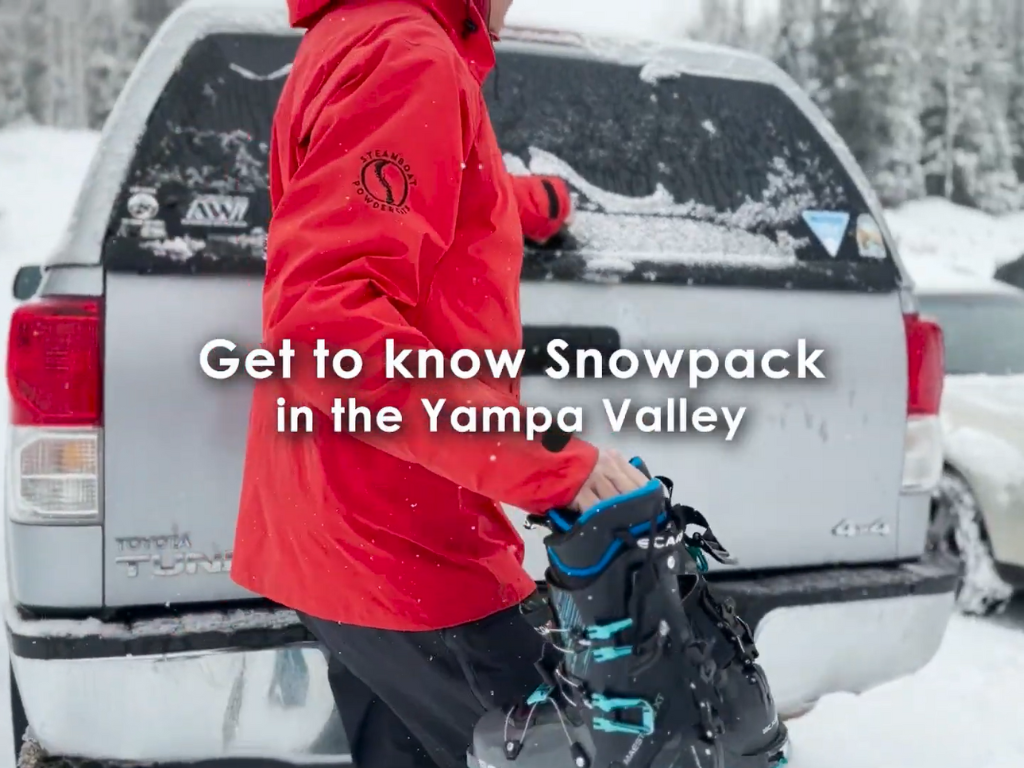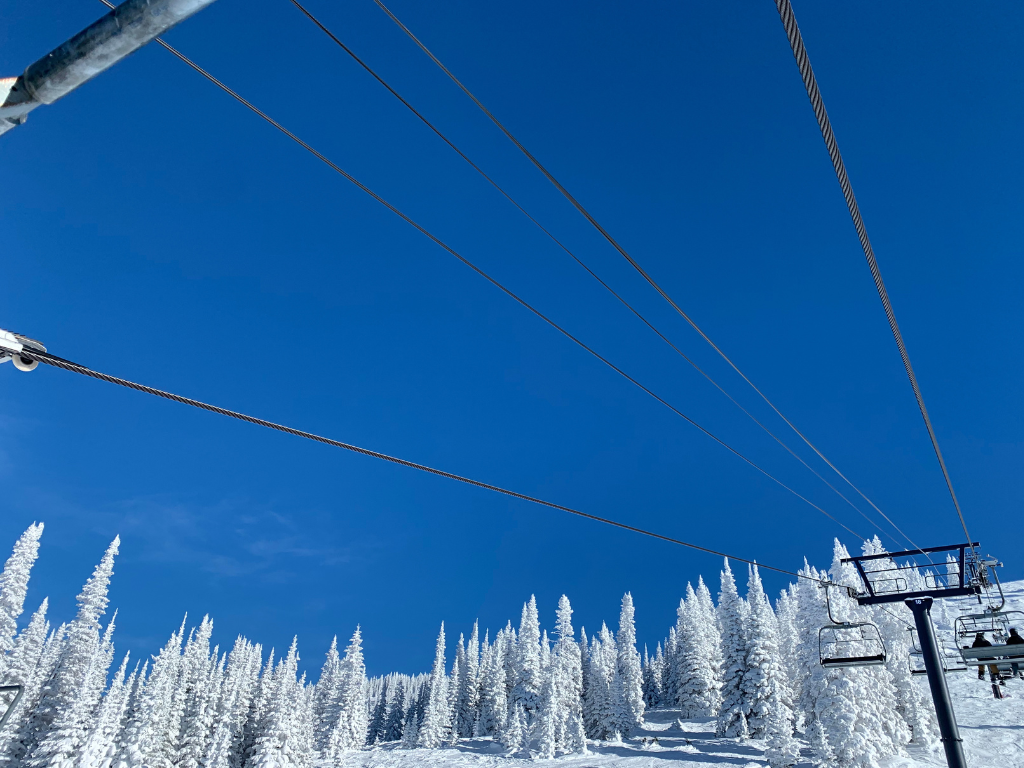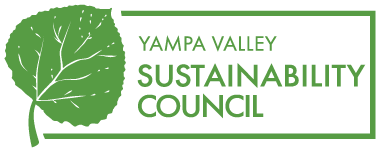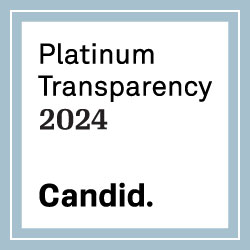JANUARY 17, 2018 BY
Article adapted from Steamboat Today
It has just been reported that 2017 was the most expensive year in U.S. history in terms of natural disasters, costing our nation $306 billion. The record-breaking year saw historic storms and flooding in Texas, Puerto Rico and Florida and devastating fires and resultant mudslides in California. More than 320 lives were lost, homes and whole communities destroyed, with landscapes altered beyond recognition.
Scientists tell us that climate change has played a role in the severity of all of these disasters and will do so with increasing frequency and intensity in the future. And yet, when concerned citizens raise the problem of climate change, we are often told by policy makers and elected officials that we cannot utter the words, let alone discuss the issue because it is “too political.”
Climate change is no more political than the problems it causes — drought, crop failure, wildfire and floods. It is no more political than other threats to public health such as measles or safe drinking water.
Where would our world be if those subjects were taboo because we might disagree on how to solve them?
The existence of groups such as RepublicEN and the bipartisan Climate Solutions Caucus shows that there is growing interest across the political divide to find ways to talk about and act on climate change. The actions we can take to mitigate climate change span the political spectrum, from encouraging free market solutions that spur innovation and technology to new government directives — and everything in between.
In our own community, we can begin by looking to the many municipalities across the country that are already working to find local solutions to fight climate change. These solutions can also enhance local economies.
For example, in Carbon County, Wyoming, which borders Routt County to the north, a 3,000-megawatt wind farm is in the final stages of approval. This project is expected to employ hundreds of people while it is being built, generate millions of dollars in tax revenue and create 115 full-time, permanent jobs.
Our valley is rich with talent, experience and innovation. We too, can lead our community to a sustainable and resilient future. Finding climate and energy solutions that fit our own community’s needs will first require that we find the courage to broach a difficult subject and begin a much-needed conversation.
Diane R. Miller
Steamboat Springs






